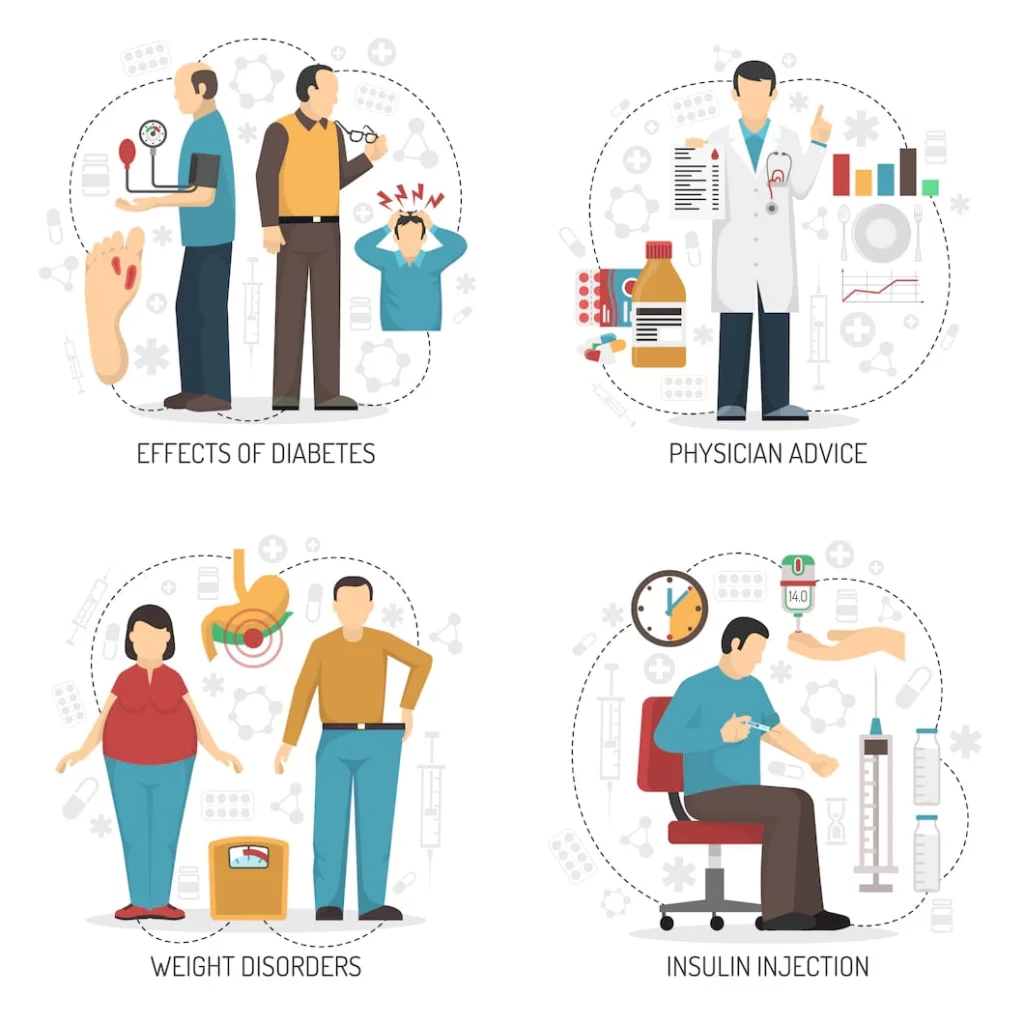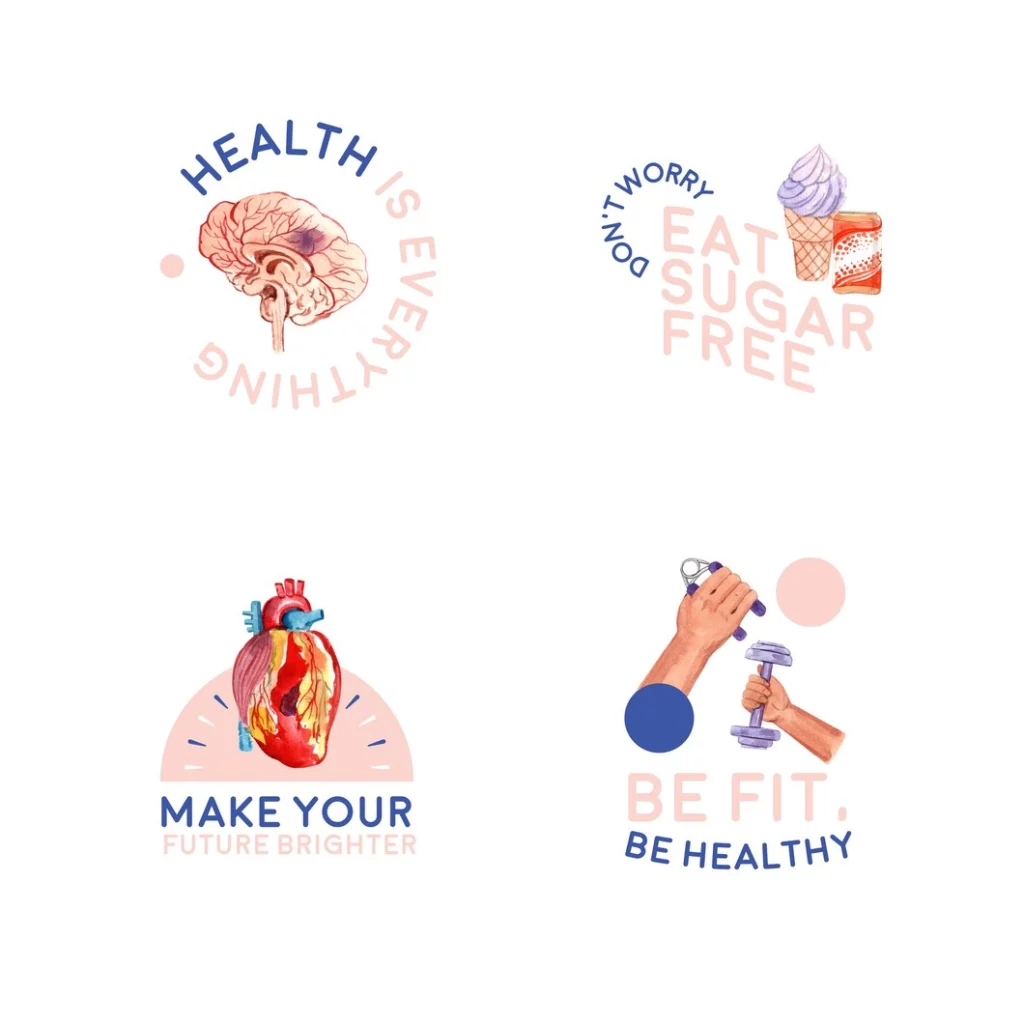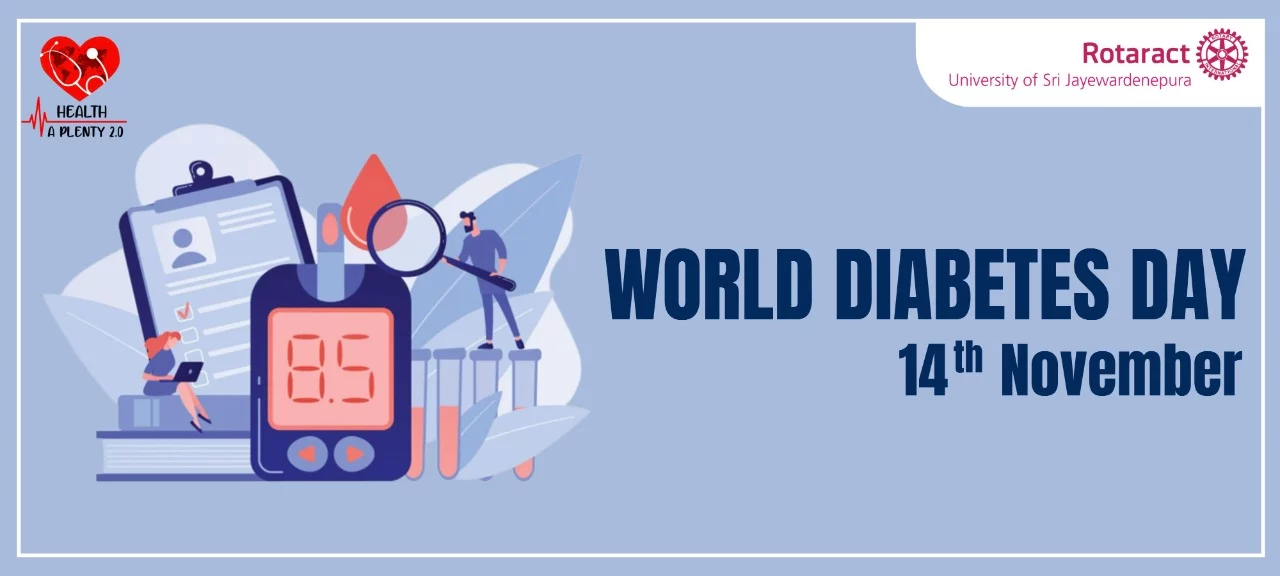World Diabetes Day, declared in 1991 by the International Diabetes Foundation and the World Health Organization to raise awareness about the illness throughout the world, is celebrated annually on the 14th of November. It is also the birthday of Sir Fredrick Banting, co-discoverer of insulin.
World Diabetes Day offers a chance to increase public awareness of diabetes as a problem affecting both individual and worldwide public health, as well as what needs to be done collectively and individually to improve the detection, treatment, and prevention of the condition. The theme for this year, “Education to Protect Tomorrow”, complements the multi-year theme of the World Diabetes Day campaign 2021–23, “Access to Diabetes Care”.

The theme focuses on intensive diabetes education for healthcare professionals and people with diabetes. This will enable greater accessibility to quality educational platforms that educate and encourage early diagnosis and adherence to a better lifestyle and preventive tips.
Apart from the above, the theme for this year also emphasizes giving healthcare professionals better teaching materials and coaching on how to accurately detect and diagnose diabetes while also making the most of their limited time by educating diabetes patients on how to control the disease by making necessary lifestyle changes. This will undoubtedly offer the patient mental support and aid in understanding their current position to help prevent further complications.
In observance of World Diabetes Day 2022, the World Health Organization has organized the WHO Global Diabetes Compact—World Diabetes Day Webinar on the 14th of November 2022 as an online conference to stimulate global efforts to both reduce the risk of developing diabetes and ensure that everyone who has been diagnosed with the disease has access to equitable, complete, affordable, and high-quality care.
What is Diabetes?
Diabetes is a chronic disease that occurs either when the pancreas does not produce enough insulin or when the body cannot effectively use the insulin it produces.
Our body breaks down most of the food we eat into sugar (glucose) and releases it into the bloodstream, through which we get energy. When the sugar content in the blood rises, the pancreas is signalled to release insulin. Insulin is a hormone that regulates blood glucose levels. With diabetes, our body does not make enough insulin or cannot use it as well as it should, which results in increased blood sugar levels in the bloodstream, known as hyperglycemia.
Over time, it can lead to serious health problems, such as heart disease, vision loss, and kidney problems.
Type 1 Diabetes
Type 1 diabetes is characterized by little to no insulin production by the pancreas. The cause for this is not known for certain but is thought to be the result of an autoimmune reaction—something like your body attacking itself by mistake. Approximately 5-10% of people who have diabetes have type 1. This condition has no known cure or prevention, and treatment is focused on managing blood sugar levels through daily insulin administration as well as diet and lifestyle changes to avoid complications.
Type 2 Diabetes
Type 2 diabetes results from the body’s ineffective use of insulin. More than 95% of people with diabetes have type 2. This type is largely the result of excess body weight and physical inactivity. It develops over many years and is usually diagnosed in adults, but now it is seen more and more in children and young adults. Symptoms may appear long after the onset, so it’s important to get your blood sugar checked if you are at risk. Type 2 diabetes can be prevented or delayed with healthy lifestyle changes.

Symptoms
Some common symptoms for both Type 1 and Type 2 diabetes include,
- Increased thirst
- Frequent urination
- Increased hunger
- Fatigue
- Blurred vision
- Numbness or tingling in the feet or hands
- Sores that do not heal
- Unexplained weight loss
Prevention and Treatment
Despite its huge impact on the global population, there is still no proven cure for either type of diabetes. Therefore, early diagnosis is vital to prevent complications, and it can be accomplished through relatively inexpensive testing of blood glucose.
Lifestyle measures are effective in preventing or delaying the onset of type 2 diabetes. This can be done by;
- Achieving and maintaining a healthy body weight
- Being physically active entails engaging in at least 30 minutes of regular exercise per day.
- Following a healthy diet means avoiding sugar and saturated fats, including fibre and food with a low Glycemic Index. It also means avoiding aerated drinks and sweetened beverages.
Aside from the aforementioned, control of blood glucose levels via insulin or oral medication, blood pressure control, and foot care for diabetic patients are critical to avoiding complications.

Diabetes currently affects one in ten people worldwide.
It is one of the four main non-communicable diseases in the world and a major cause of blindness, kidney failure, heart attacks, strokes, and lower limb amputations. In the last 20 years, the number of adults diagnosed with diabetes has doubled, which has created the utmost need for promoting awareness campaigns and quality platforms to educate people about the management and prevention of diabetes worldwide.
Written by: Rtr. Chathuni Edirisinghe
Graphic design by: Rtr. Anujini Perera


0 Comments